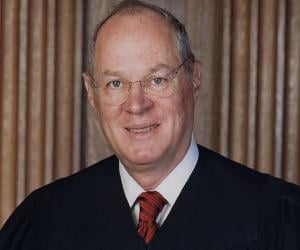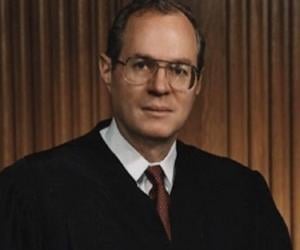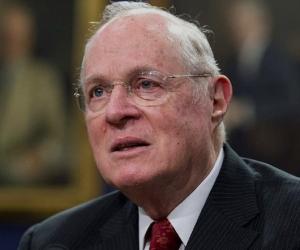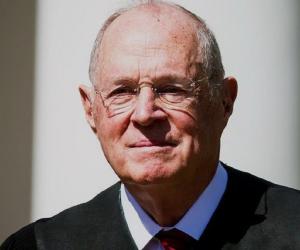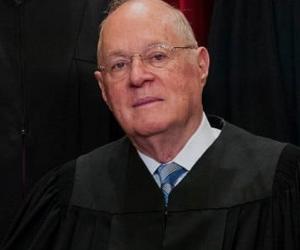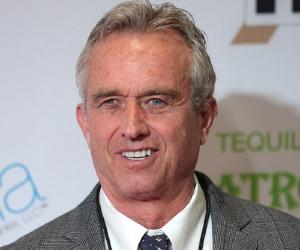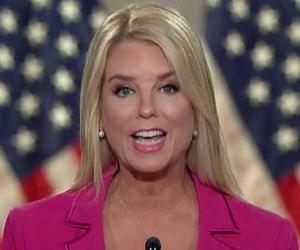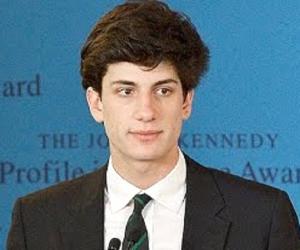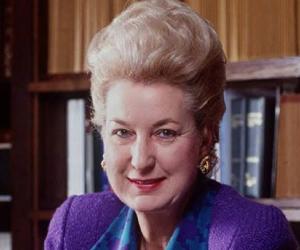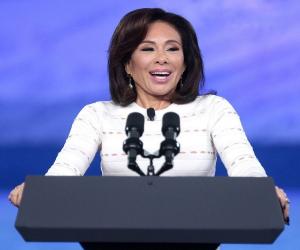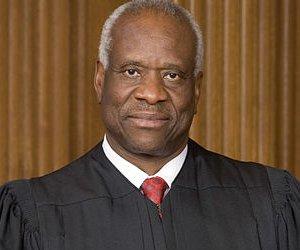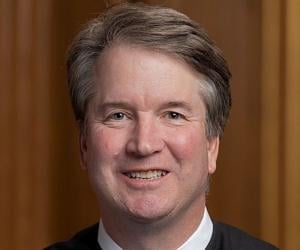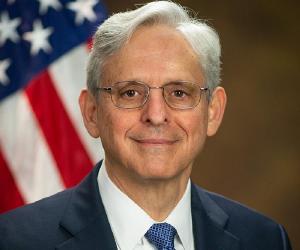Born In: Sacramento, California, United States
Anthony Kennedy
Anthony McLeod Kennedy is a retired American lawyer and jurist who served as Judge of the United States Court of Appeals for the Ninth Circuit for over a decade and then as an Associate Justice of the Supreme Court of the United States for over three decades. Anthony followed footsteps of his attorney father and graduated from Harvard Law School. After his father died, Anthony took over his father's legal practice in Sacramento and was eventually nominated as Judge of the United States Court of Appeals for the Ninth Circuit by the then US President Gerald Ford in 1975. Later President Ronald Reagan nominated Anthony as an Associate Justice of the Supreme Court of the United States in November 1987. He became Senior Associate Justice of the Court in February 2016 and served the position till he retired in July 2018. He remained swing vote on several of the Roberts Court's 5–4 decisions following retirement of Sandra Day O'Connor in 2006. Anthony co-authored plurality opinion in the landmark Supreme Court case ‘Planned Parenthood v. Casey’, and authored the majority opinion in different other significant cases like ‘Citizens United v. FEC’ and ‘Boumediene v. Bush’.
